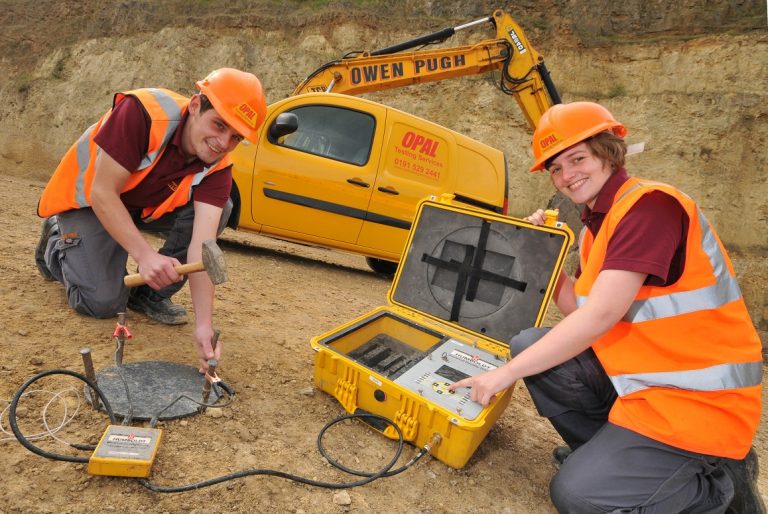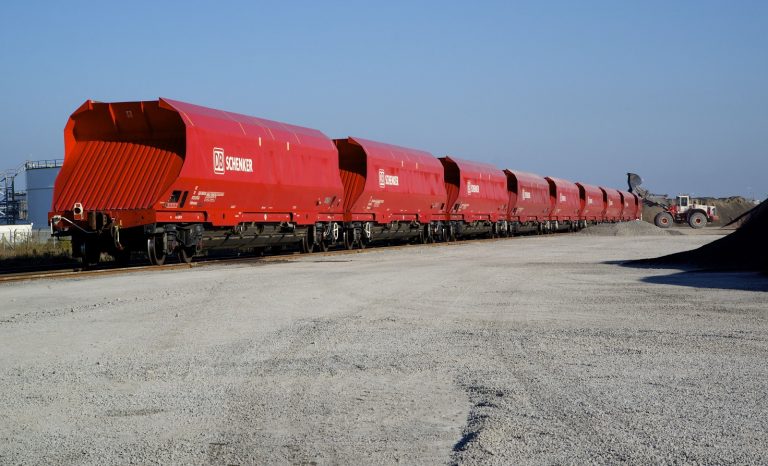Solar installation businesses are caught in a “perfect storm”, experts have warned, following a slew of government green policy reversals. The warning comes after two firms went into administration within a day of each other last week, resulting in the loss of more than 1,000 jobs. Mark Group, which employed 1,165 staff, was the first to go under, followed by Climate Energy, which had a headcount of 138. News of the administrations came just six weeks after the Department of Energy and Climate Change shocked many in the sector by announcing a consultation on a proposed 87 per cent cut to feed-in tariffs, the subsidy available to encourage the installation of small-scale renewable energy generators. “The dramatic shift to anti-sustainability has shocked everybody; you’ve got massive companies not knowing what will happen” Andrew Eagles, Sustainable Homes The cut, which will come into effect from January, comes on top of the axing of the Energy Companies Obligation, being discontinued in 2017, and the end of funding for the Green Deal. “What’s happening now is a perfect storm,” said Sustainable Homes managing director Andrew Eagles. “The dramatic shift to anti-sustainability has shocked everybody; you’ve got massive companies and tens of thousands of jobs not knowing what will happen. “I think there will be more impact for people in the future because it’s a really tough environment for people out there.” Mr Eagles added that the 1 per cent cut to social housing rents, announced in chancellor George Osborne’s summer Budget, would also contribute to a decline in uptake of solar PV as social landlords adjust to smaller revenues. “What they [installation firms] like to do is talk to large landlords,” Mr Eagles said. “For the last two months they’ve not been able to do anything, as they have been reconsidering their whole business plan.” Mark Group, which was taken over by US solar giant SunEdison in July, said in a statement that its plan to turn around the business has been “focused on solar PV but the government’s recent policy announcements mean this is no longer viable”. “If what’s being proposed happens, a lot of companies that have based their business on subsidies won’t be able to adapt quick enough” Sesh Diu, Aniron Renewables Administrators at Climate Energy this week confirmed that no buyer could be found for the business and that all staff would be made redundant. They cited “the withdrawal of public subsidies” as a reason behind the company’s demise. Solar Century head of public affairs Seb Berry called the announcement “the tip of the iceberg”, saying that he was aware of “two smaller firms” also facing possible administration. Last month, 47 organisations including Ikea and Panasonic warned that feed-in tariff cuts could lead to 20,000 job losses. Sesh Diu, founder and chief executive at £3m-turnover-Aniron Renewables, said that the financial backers of solar companies had also had their belief in the industry shaken by recent government u-turns. “The problem is that three or four announcements on the back of one another clearly have shifted investor confidence,” he told Construction News. “If what’s being proposed happens, a lot of companies that have based their business on subsidies won’t be able to adapt quick enough.” Mr Diu also echoed previous warnings from the Solar Trade Association that a sudden slashing of subsidy will create a “boom and bust” scenario, with thousands rushing to install panels before the 1 January cut-off. “DECC talk about spikes and wanting to get rid of that but the spike you’ll see over the next three to six months will be the mother of all spikes,” Mr Diu said. The DECC consultation is set to end on 23 October. “What we need is a long-term vision. What we are seeing in solar is the ultimate in silly short-term thinking” Leonie Green, STA The STA explains it had begun putting together a “rescue plan” in a bid to preserve some government investment. STA head of external affairs Leonie Green said: “This is about coming up with something urgently. “You have got some workers being given notice, others being laid off, companies going into liquidation, others desperately looking into other sectors. It is heading for an almighty bust as it stands. “What we need is a long-term vision. What we are seeing in solar is the ultimate in silly short-term thinking. “We need more sensible and depoliticised thinking.” Speaking after the announcement by Mark Group, a DECC spokesman said: “All job losses are regrettable and we sympathise with those affected, but commercial decisions are a matter for the company concerned. “Our priority is to keep bills as low as possible for hardworking families and businesses. “Government support has driven down the cost of renewable energy significantly and these costs are continuing to fall. “We are protecting existing investment and billpayers, while reducing our emissions in the most cost-effective way.”











